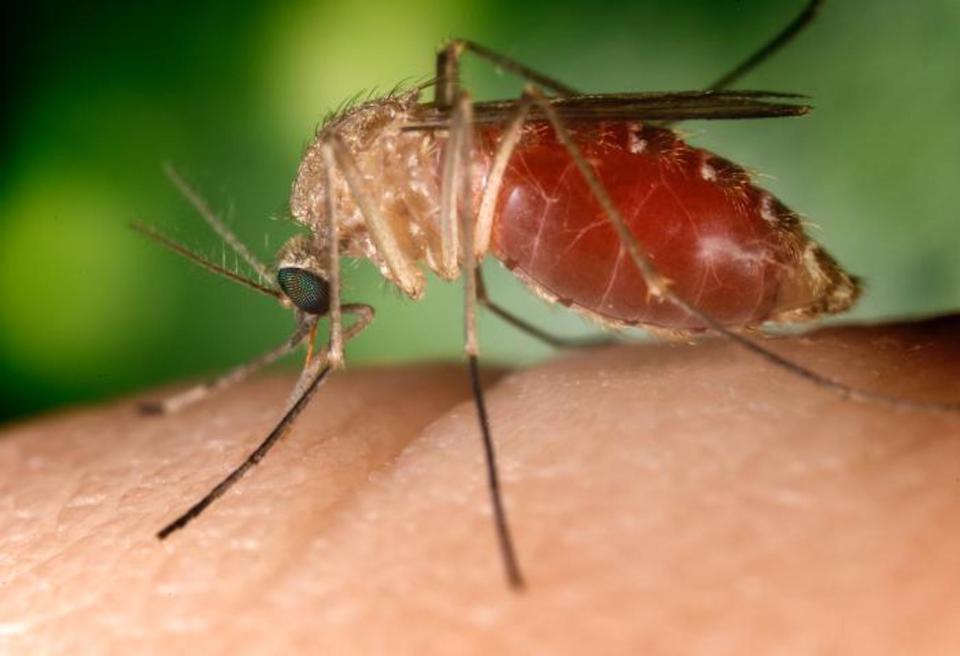When workplace parasites can be a force for good

Parasites are everywhere. They could be sitting next to you at work, they could be your boss, and they could even shape your behaviour without you knowing it. Worse still, those parasites could have psychopathic tendencies or even turn you into a sociopath.
But not all parasites are bad. In fact, as detailed by Dr Andrew Voak, PhD in molecular parasitology, in nature parasites can be a force for good.
“Usually the dictionary definition of parasitism usually conjures an idea of a more negative relationship. However if we look at symbiosis that can garner a positive relationship,” said Voak, who also did a three-year postdoctoral position at the London School of Hygiene and Tropical Medicine and is currently working as a postdoctoral research assistant at Kings College London.
“For example, our microbiome (essentially the bacteria that resides on our skin or our gut) in fact are so numerous that people quip we, as people, are just biomechanical animals that walk around like tanks for giant populations of bacteria. They sound gross but they’re absolutely critical for our wellbeing—both physical and mental.”
Distilling what this means in the work place, Lindsay Dodgson, a reporter specialising in psychology, relationships, and science for Insider, and who has degrees in zoology and science journalism, said: “It’s the difference between teamwork at a well-working company, compared to colleagues who steal your ideas and drain your life force.”
The Jungle podcast is a new 10-part series that unpacks productivity lessons from nature. This week’s episode looks at workplace parasites — whether it’s your colleagues and or your boss — and how to navigate and break away from toxic relationships in the office.
To understand how you can create a more diverse and inclusive workplace, listen to the full episode above, or download it on Apple Podcasts, ACast, or Google podcasts to listen while on the go.

 Yahoo Finance
Yahoo Finance 

